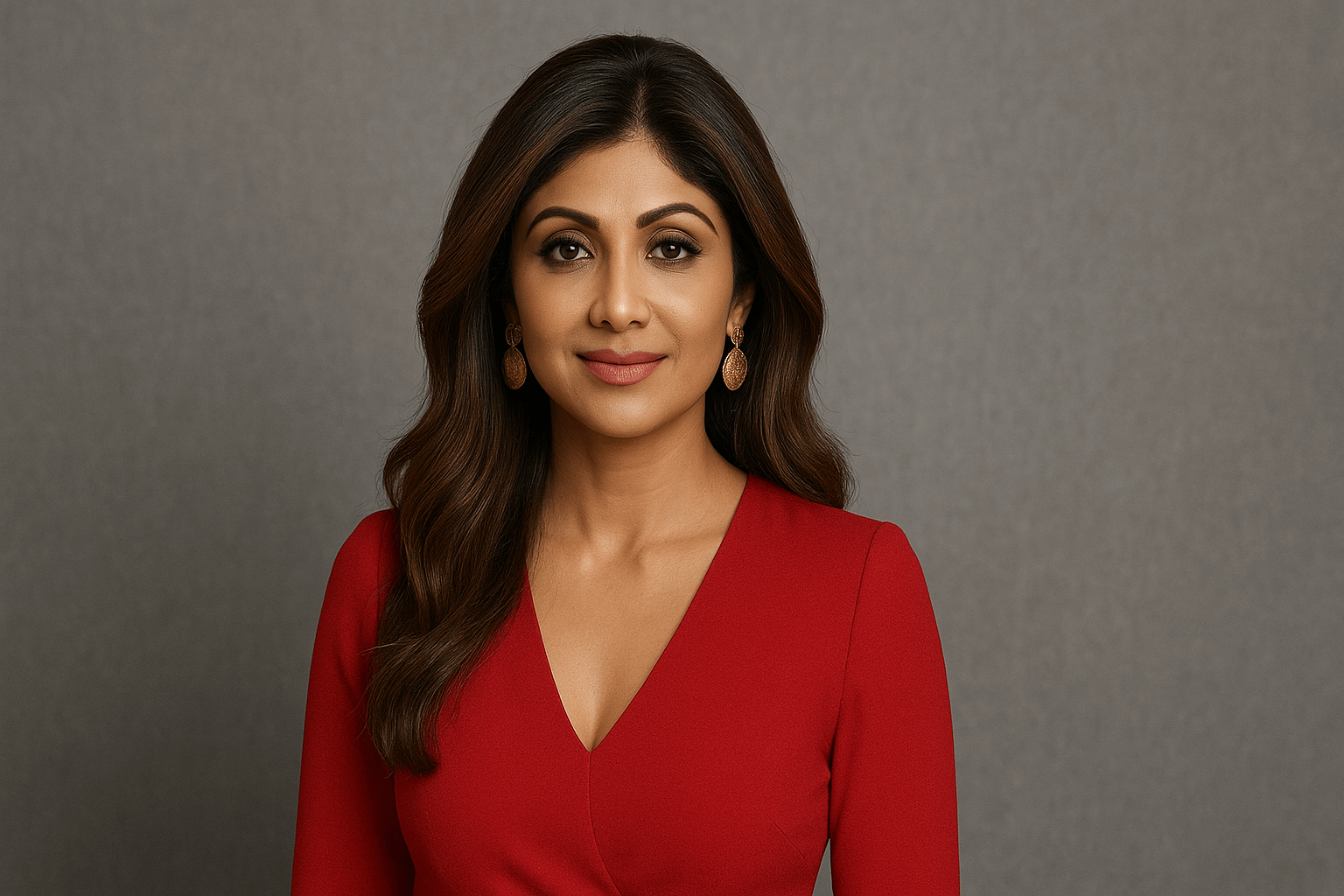Rishi Kapoor Early Life and Family Background

Rishi Kapoor, one of the most celebrated and charismatic actors in Indian cinema, was born on September 4, 1952, in Mumbai, Maharashtra, India. He was born into the illustrious Kapoor family, often referred to as the “first family of Indian cinema.” His father, Raj Kapoor, was a legendary actor, director, and filmmaker, while his grandfather, Prithviraj Kapoor, was a pioneer of Indian theater and film.
Rishi was the second son among five children born to Raj Kapoor and Krishna Kapoor. His brothers, Randhir Kapoor and Rajiv Kapoor, also ventured into Bollywood, as did many members of the extended Kapoor family. The Kapoor dynasty has played a pivotal role in shaping Indian cinema for generations, and Rishi carried that legacy forward with elegance, talent, and passion.
Rishi Kapoor Education and Early Interests
Rishi Kapoor completed his schooling at Campion School and later attended Mayo College in Ajmer, a prestigious boarding school. While academics were not his strong suit, he was deeply inclined toward films and performance from an early age, inspired by his father’s work and the constant artistic environment around him.
His childhood was steeped in cinematic heritage. Being the son of Raj Kapoor, he grew up on the sets of RK Studios, watching legends like Nargis, Dilip Kumar, and Dev Anand work. This early exposure naturally fueled his desire to become an actor.
Rishi Kapoor Debut in Cinema
Rishi’s first appearance on screen was as a child artist in his father’s iconic film “Shree 420” (1955), where he appeared in the song “Pyaar Hua Ikraar Hua.” However, his official debut as a child actor came with “Mera Naam Joker” (1970), also directed by Raj Kapoor. At just 18 years old, Rishi played the teenage version of the protagonist. His touching performance won him the National Film Award for Best Child Artist, setting the stage for a glorious career ahead.
Romantic Hero of the 1970s and 80s
Rishi Kapoor’s full-fledged debut as a leading man came in 1973 with the romantic drama “Bobby”, opposite Dimple Kapadia. The film, also directed by Raj Kapoor, was a game-changer in Bollywood, introducing youthful romance in a bold new way. Rishi’s portrayal of Raj Nath, a teenage lover from an affluent family, won millions of hearts. His boyish charm, natural acting, and screen presence made him an instant star. “Bobby” became a massive box-office success and catapulted Rishi to superstardom.
From then on, Rishi Kapoor became the quintessential romantic hero of Indian cinema throughout the 1970s and 1980s. He starred in a series of romantic dramas, musicals, and family films that showcased his versatility and charm. His dancing skills and stylish appearance were trendsetters of the time. Some of his notable films from this period include:
- Rafoo Chakkar (1975)
- Khel Khel Mein (1975)
- Kabhi Kabhie (1976)
- Amar Akbar Anthony (1977)
- Karz (1980)
- Prem Rog (1982)
- Chandni (1989)
These films not only consolidated his image as a romantic icon but also demonstrated his commitment to meaningful cinema. In particular, “Prem Rog,” directed by Raj Kapoor, dealt with the sensitive issue of widow remarriage and won acclaim for both its message and Rishi’s heartfelt performance.
On-screen Chemistry and Collaborations
Rishi Kapoor’s chemistry with many leading ladies of his time was exceptional. He formed iconic pairs with actresses like:
- Neetu Singh (his future wife), with whom he did several hits like Khel Khel Mein, Rafoo Chakkar, Kabhi Kabhie, and Amar Akbar Anthony.
- Sridevi, in films like Chandni and Nagina.
- Poonam Dhillon, Tina Munim, and Jaya Prada.
His charming persona made him a favorite among audiences, especially women, and he was known for his timeless songs, many of which remain popular to this day.
Marriage and Personal Life
Rishi Kapoor married Neetu Singh in 1980 after a prolonged courtship. Their off-screen romance was well-documented, and the couple became one of Bollywood’s most loved real-life pairs. After marriage, Neetu took a break from acting to focus on family life, though she later made a comeback with Rishi in films like Do Dooni Chaar (2010).
The couple had two children:
- Riddhima Kapoor Sahni, a fashion designer.
- Ranbir Kapoor, who followed in his father’s footsteps and has become one of the most acclaimed actors of his generation.
Rishi Kapoor was a devoted husband and father. Despite his fame, he maintained a relatively private personal life, valuing his family above all.
Transition to Character Roles
As the 1990s progressed, Rishi Kapoor gradually moved away from lead romantic roles and began experimenting with character-driven performances. This shift marked a new phase in his career. He embraced roles of father, mentor, villain, and quirky supporting characters with equal passion and depth.
Some of his acclaimed performances in his later years include:
- Agneepath (2012) – as the ruthless Rauf Lala, a rare negative role that received rave reviews.
- Do Dooni Chaar (2010) – where he played a middle-class school teacher. He won the Filmfare Critics Award for Best Actor.
- Kapoor & Sons (2016) – as a 90-year-old grandfather, with remarkable prosthetic work.
- 102 Not Out (2018) – opposite Amitabh Bachchan, playing a 75-year-old man with emotional nuance.
- Mulk (2018) – as a Muslim patriarch fighting to restore his family’s honor amid communal tensions. This role earned him critical acclaim for portraying a sensitive and topical subject with dignity.
These films underscored his ability to reinvent himself and appeal to newer generations while staying true to his roots.
Autobiography and Public Persona
In 2017, Rishi Kapoor released his autobiography titled “Khullam Khulla: Rishi Kapoor Uncensored,” co-written with Meena Iyer. The book was a candid account of his life, career, relationships, struggles, and controversies. He spoke openly about his early insecurities, his father’s towering legacy, industry politics, and his own evolution as a human being and artist.
Rishi Kapoor was known for his unfiltered opinions, particularly on Twitter. While this made him a polarizing figure at times, it also endeared him to many for his honesty and no-nonsense attitude. He was outspoken about politics, cinema, and societal issues.
Health Struggles and Final Years
In 2018, Rishi Kapoor was diagnosed with leukemia, a type of blood cancer. He moved to New York for treatment and stayed there for almost a year, accompanied by Neetu Singh. During this period, he received immense support from fans, family, and the film fraternity.
In September 2019, he returned to India and resumed work. He signed a film titled “Sharmaji Namkeen”, which remained incomplete due to his declining health. After his demise, actor Paresh Rawal stepped in to complete the film, which was eventually released in 2022 and celebrated as a tribute to Rishi’s enduring legacy.
On April 30, 2020, Rishi Kapoor passed away in Mumbai after a prolonged battle with cancer. His death came just one day after the passing of another legendary actor, Irrfan Khan, plunging the film industry and fans into mourning.
Legacy and Impact
Rishi Kapoor left behind an extraordinary legacy that spanned over five decades and more than 150 films. He was a torchbearer of Bollywood’s golden age and an enduring symbol of romance, style, and integrity in cinema.
What set Rishi Kapoor apart was his ability to grow with the times. From a teenage heartthrob in the 1970s to a versatile character actor in the 2000s, he never shied away from reinvention. His performances remained honest and engaging throughout, marked by a deep understanding of human emotions.
He influenced generations of actors and filmmakers and continues to inspire through his films and life story. In a world of changing cinematic tastes, Rishi Kapoor represented timeless talent and adaptability, and his memory lives on in the hearts of millions.
Awards and Honors
Over the years, Rishi Kapoor received numerous awards for his work, including:
- National Film Award for Best Child Artist (Mera Naam Joker, 1970)
- Filmfare Award for Best Actor (Bobby, 1974)
- Filmfare Lifetime Achievement Award (2008)
- Filmfare Critics Award for Best Actor (Do Dooni Chaar, 2011)
- Filmfare Best Supporting Actor nominations for Agneepath and Kapoor & Sons
He was also honored posthumously for his contribution to Indian cinema and continues to be remembered at various film festivals and retrospectives.
Conclusion
Rishi Kapoor’s life was one of passion, transformation, and dedication. As an artist, he bridged generations, genres, and eras. From the innocent charm of “Bobby” to the layered intensity of “Mulk,” he portrayed every character with sincerity and craft. His journey mirrored the evolution of Hindi cinema itself, making him a true cinematic legend.
Rishi Kapoor was not just an actor – he was an emotion, one that resonated across age groups, and one that continues to illuminate the silver screen long after his passing.




3 thoughts on “Rishi Kapoor: A Legendary Life in Cinema”